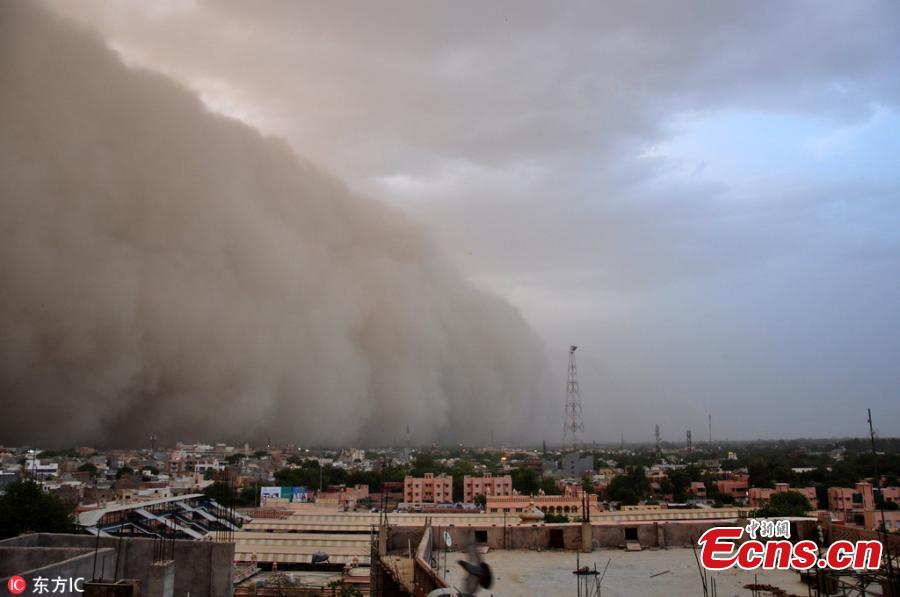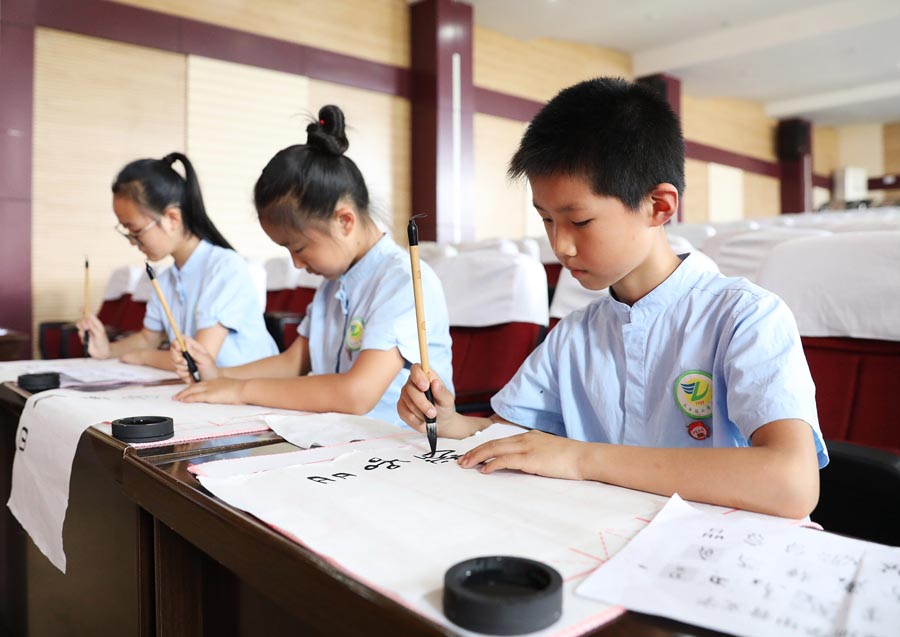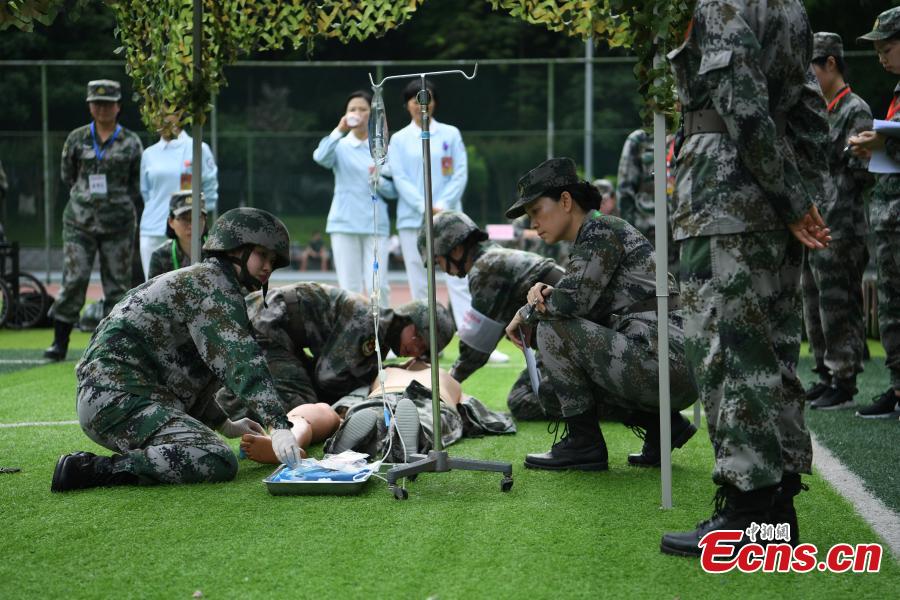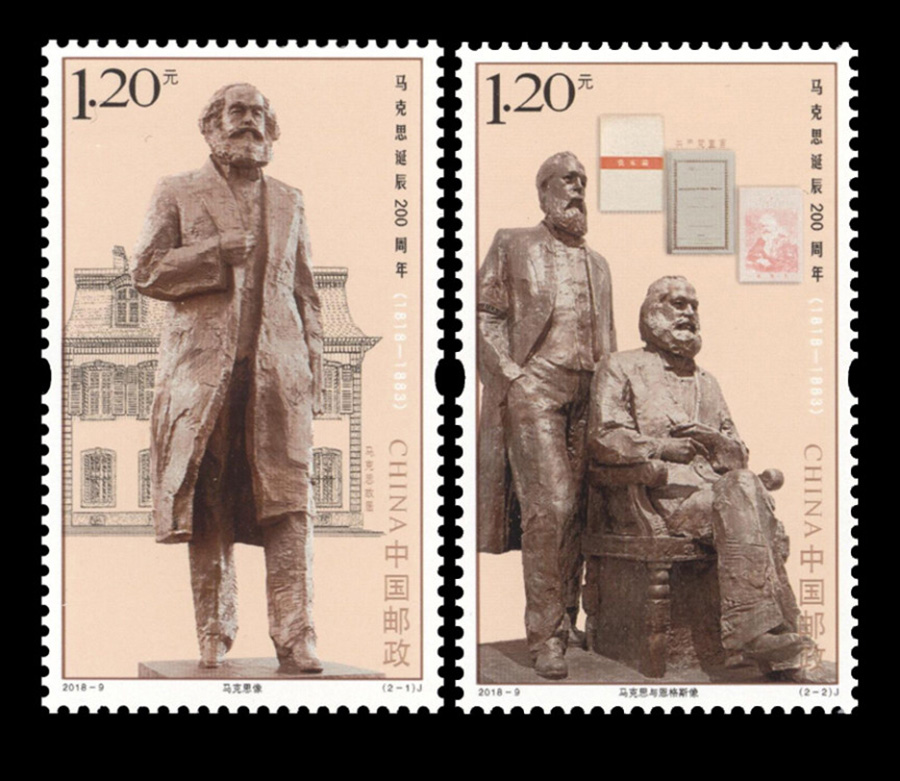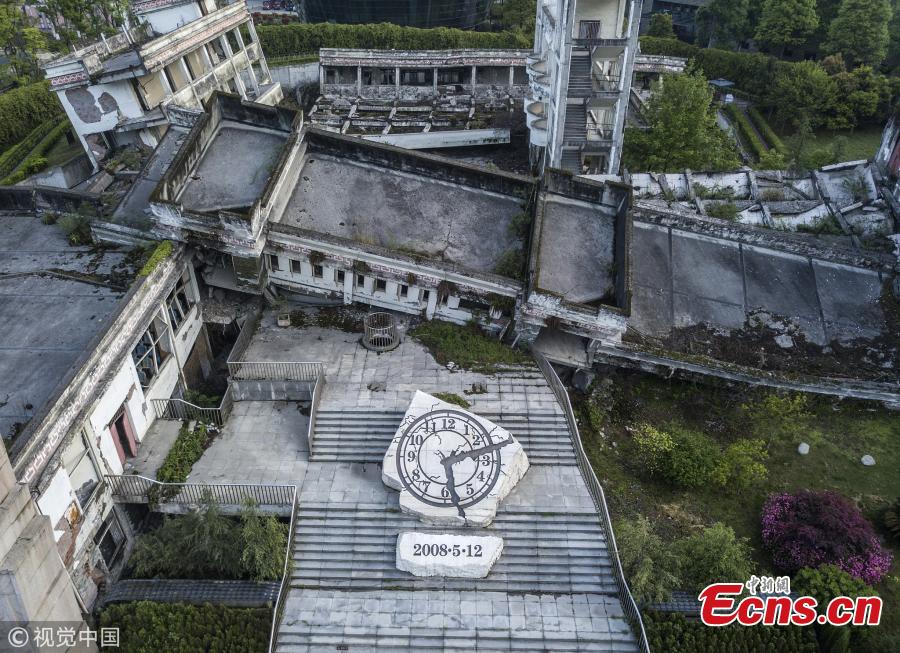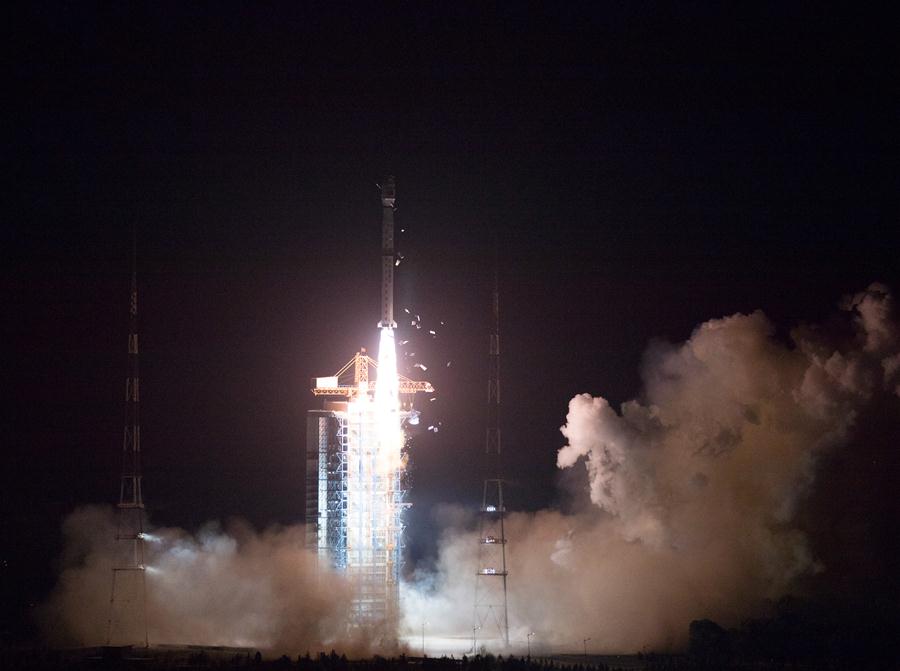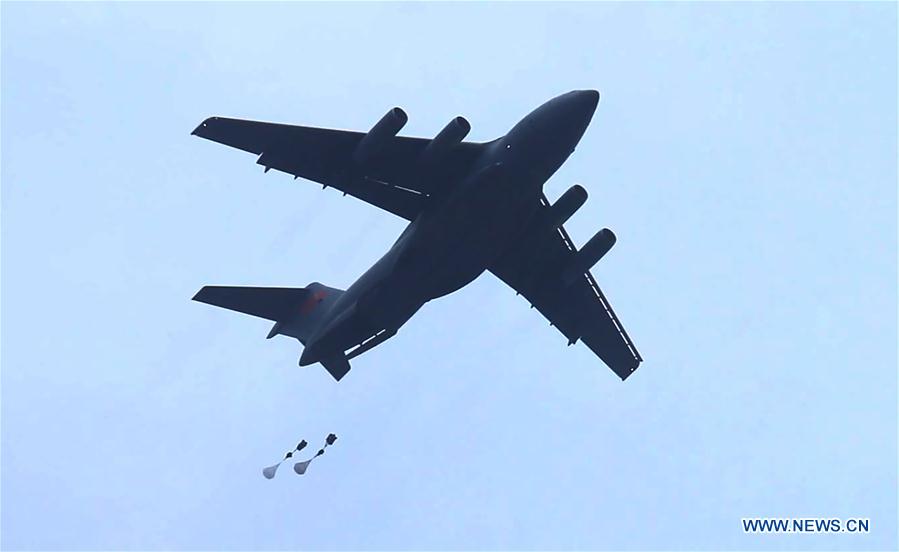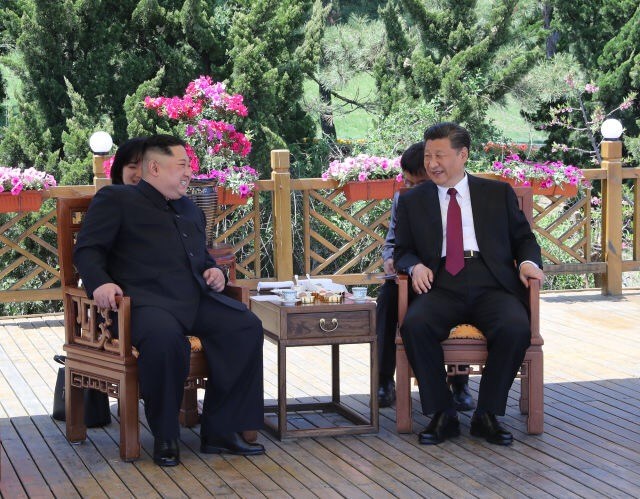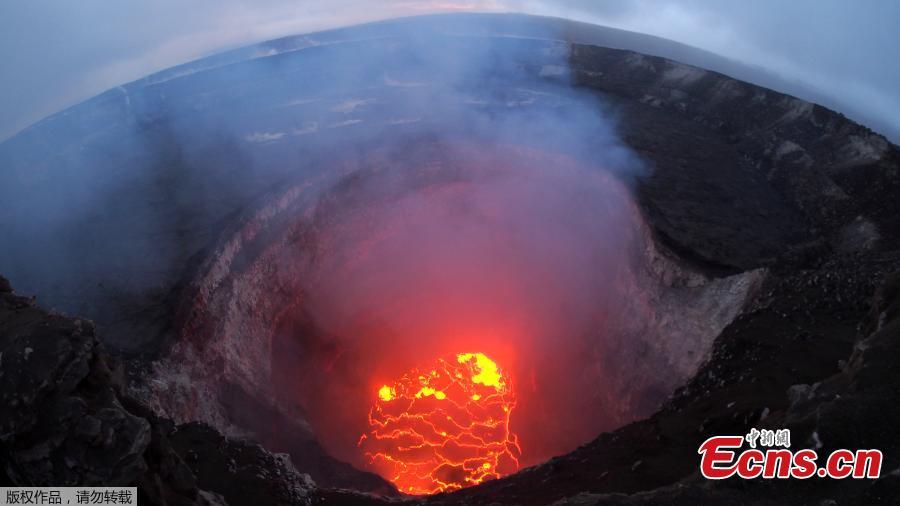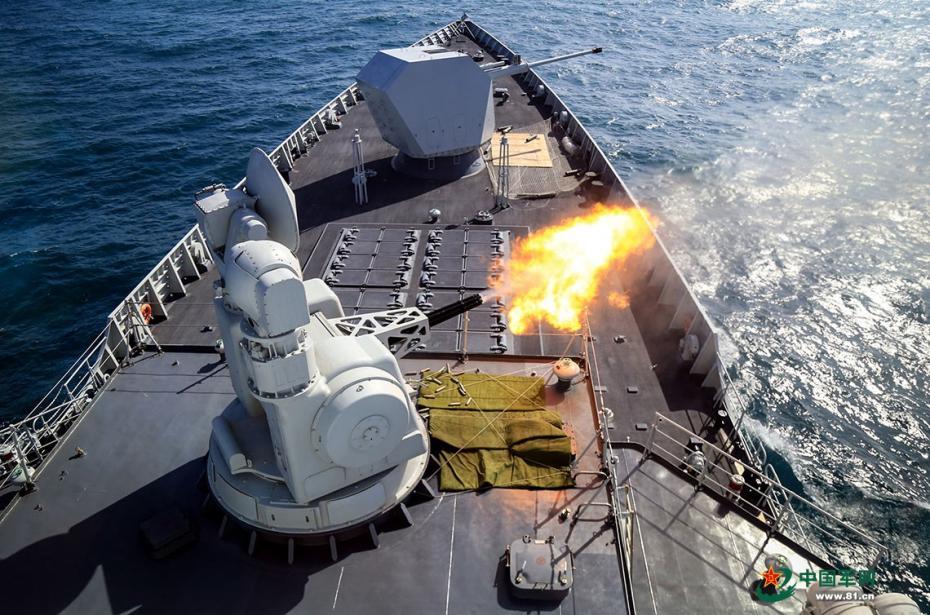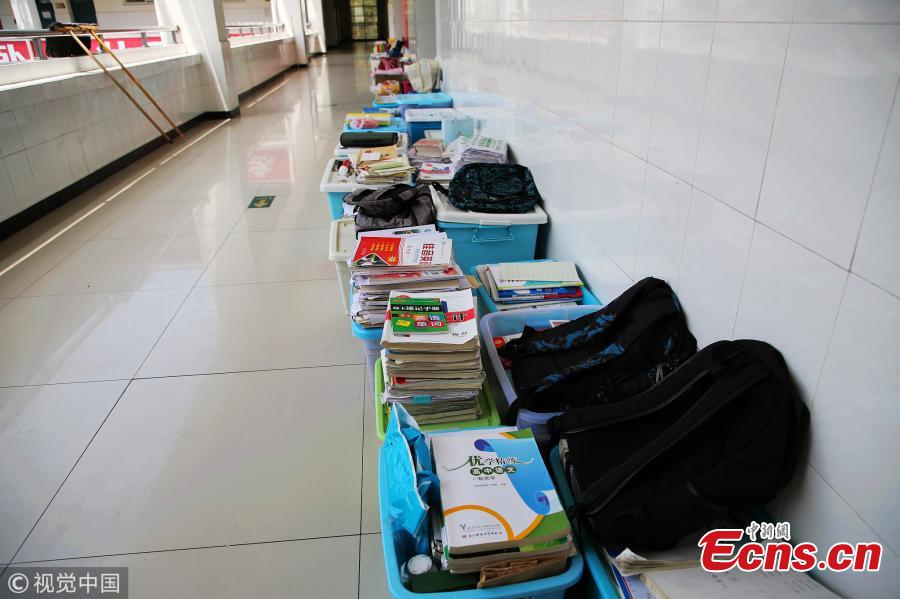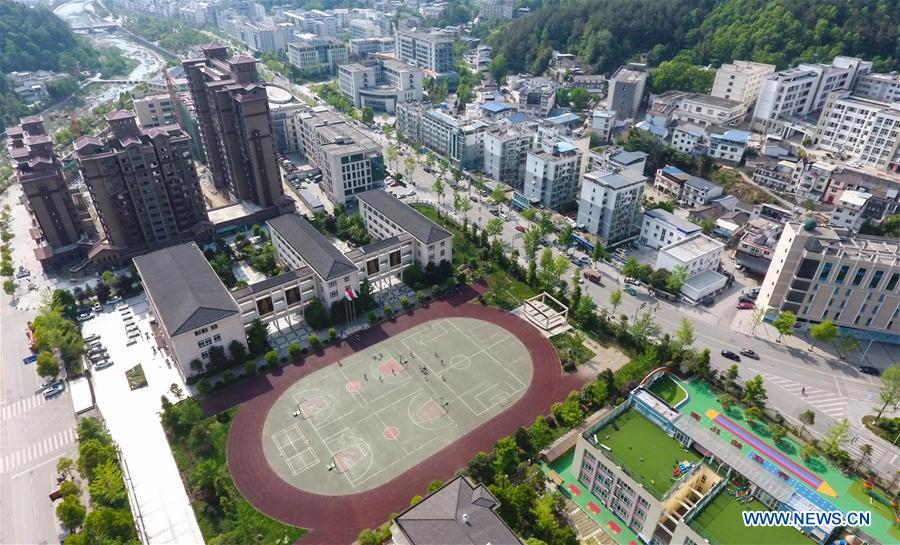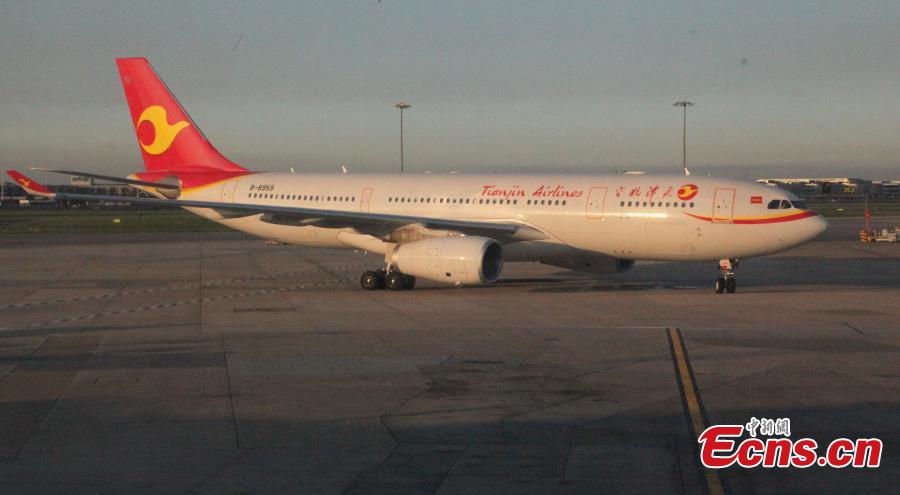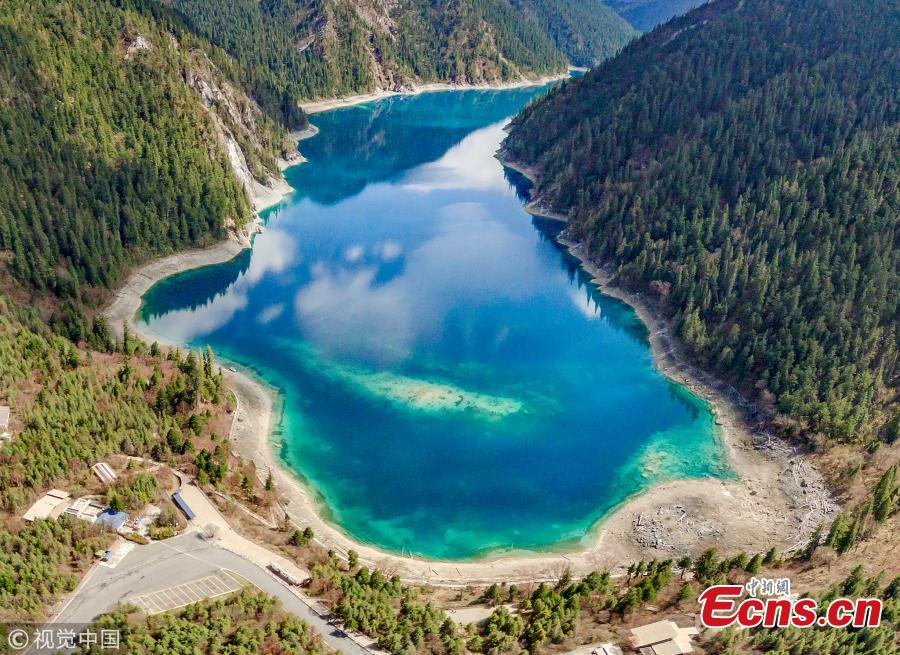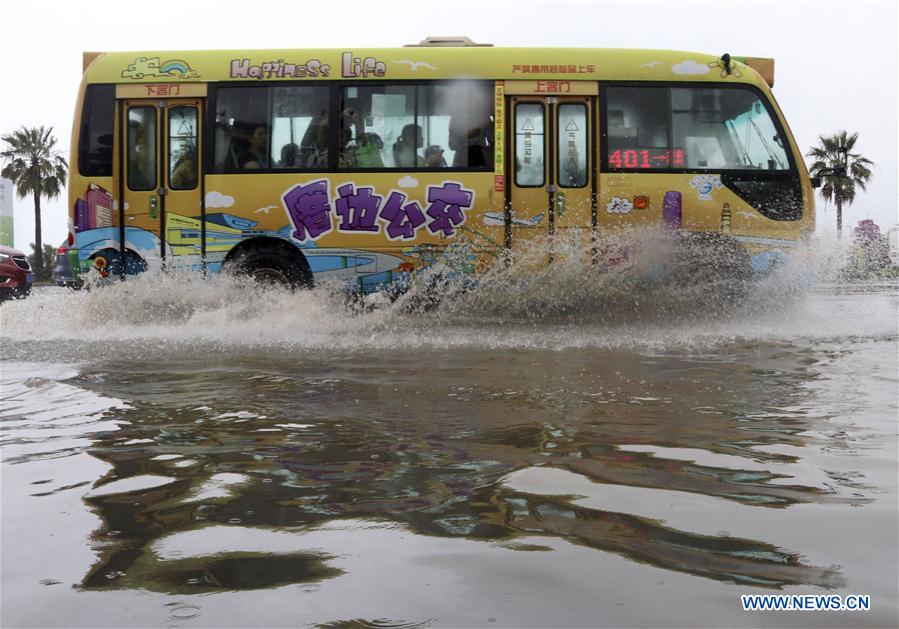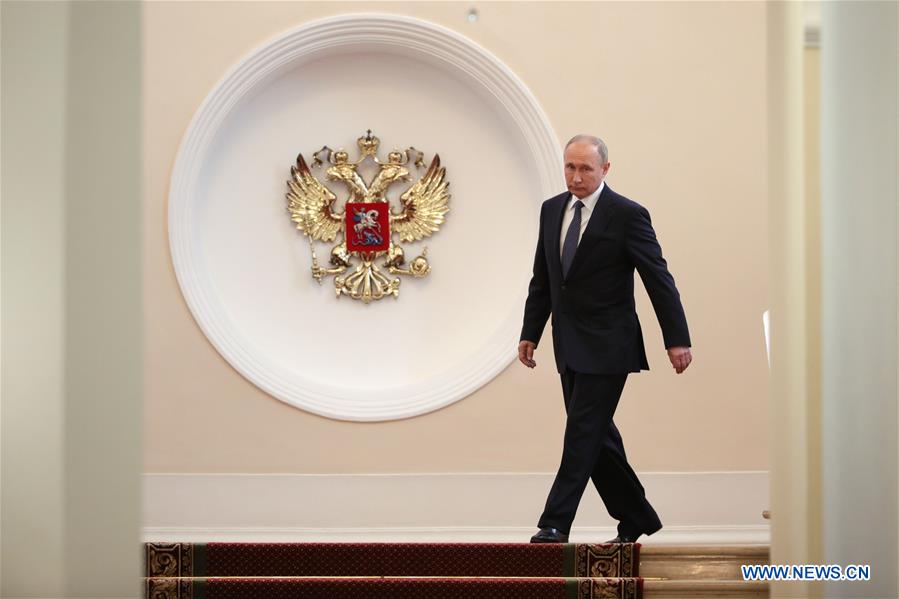SLAP IN THE FACE OF ALLIES
There will be many repercussions of Trump's decision, experts said.
Iran Bremmer, president of U.S.-based think tank Eurasiagroup, said that Trump's pulling out of the Iran deal "will be his biggest slap in the face to date to U.S. allies."
The imperfections of the deal were "not an argument for blowing up the JCPOA ... That's an argument for strengthening it," the U.S. expert said. "The likelihood is that nuking the JCPOA will undermine, rather than strengthen, attempts to limit the Iranian threat."
Richard Nephew, a senior research scholar at Columbia University, told Xinhua that Trump will find that it's very hard to "get plan B to work" after leaving the deal.
"There's only so far as they (Iran) may be prepared to go, in addressing U.S. concerns," Nephew said, explaining that with Iran possibly restarting its nuclear program, security concerns will be raised in the Middle East with countries mulling their own nuclear development.
In the eyes of Peter Harrell, an adjunct senior fellow at the Center for a New American Security and a lawyer who advises on sanctions compliance, "rebuilding economic pressure after Washington pulls out from the JCPOA would be an even greater challenge, given international opposition to the U.S. withdrawal and scant international support for renewed sanctions."
"Trump would face formidable challenges after withdrawing from the JCPOA," he said, "perhaps the biggest diplomatic challenge Trump would face in reinstituting sanctions on Iran is convincing buyers of Iranian oil to reduce their purchases."
"Withdrawing from the JCPOA would be a strategic mistake for Washington," said the expert. "It would allow Iran to resume its nuclear program and raise the risk of a future military conflict with Tehran ... The result would be a major setback for U.S. strategic interests."
Philip Gordon, senior fellow in U.S. foreign policy at the Council on Foreign Relations, said on Friday on the think tank's website that Trump's refusal to waiver nuke-related sanctions on Iran would eventually lead to the full collapse of the JCPOA "possibly within weeks or months."
Gordon, who helped negotiate the agreement in former President Barack Obama's administration, also said that the U.S. move "could lead to major tensions with U.S. trading partners ... if the United States hits them with sanctions."
"These are all, however, minor issues compared to what a game-changing step not renewing sanctions waivers would be," he said. "It may prove more difficult to assemble an international sanctions coalition now than it was then, since the United States will be blamed for killing the agreement. Before long, the United States could face the dilemma that the JCPOA was designed to avoid: allow the program to continue to expand in the absence of international monitoring or use military force to stop it."
"The United States is unlikely to successfully re-engage Iran diplomatically for the foreseeable future, as the Iranians will view any breach of the JCPOA as a clear indicator that diplomacy with America doesn't pay off," said Ilan Goldenberg, director of the Middle East Security Program at the Center for a New American Security, and Ariane Tabatabai, a senior associate with the Proliferation Prevention Program at the Center for Strategic and International Studies.
"America will lose leverage over both Tehran and our international partners, leading to a weakened sanctions regime that will fall short of imposing enough pain to alter Iran's course," they said. "In particular, America walking away from the deal will result in a domestic political climate in Iran that overwhelmingly opposes the resumption of any negotiations with the United States."
"For their part, U.S. partners in the Middle East, particularly Israel and Saudi Arabia, will grow increasingly anxious and call for action. And eventually the United States will find itself having to choose between tolerating a nuclear-armed Iran or taking military action to thwart its nuclear development. It would be the height of folly to go down this path instead of continuing to implement the JCPOA," they said.










